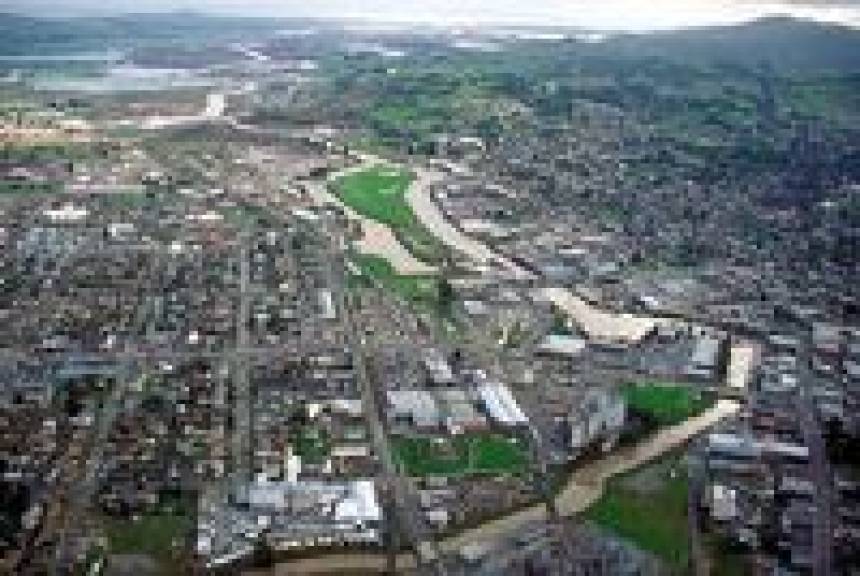Petaluma, CA Local Info

Petaluma is acclaimed for its charming antique stores and beautifully preserved Victorian buildings, many of which survived the devastating earthquake of 1906. The downtown area boasts a vibrant array of boutique shops, art galleries, and cozy cafes.
Established in 1858, Petaluma holds the distinction of being one of California's oldest cities. The city’s Historic Commercial District is listed on the National Register of Historic Places.
Antique enthusiasts flock to Petaluma from far and wide to peruse its eclectic array of antique shops, each offering a unique selection of vintage finds and one-of-a-kind treasures. From quaint boutiques brimming with retro furniture and collectibles to expansive emporiums showcasing rare artifacts and timeless curiosities, Petaluma's antique stores cater to every taste and interest.
Adding to the allure of Petaluma's historic district are its majestic Victorian buildings, which stand as enduring symbols of the city's rich architectural heritage. Petaluma's cinematic legacy further enhances the visitors’ experience, with the city serving as a popular filming location for numerous movies set in the mid-20th century.
The history of Petaluma is rich in heritage. The Coast Miwok people inhabited the region spanning Marin and southern Sonoma County, with the village of Péta Lúuma situated east of the Petaluma River, surrounded by other Coast Miwok settlements.
In 1834, this area was granted to Mariano Guadalupe Vallejo, who oversaw the construction of his Rancho Petaluma Adobe in 1836, and utilizing it as a summer residence while residing in Sonoma.
Following the discovery of gold by James Marshall in the Sierra Nevada in 1848, pioneers flocked to Petaluma. The town's strategic location on the Petaluma River amidst fertile farmland facilitated its rapid expansion during the 19th and early 20th centuries. Schooners and steamers traversed the river, transporting agricultural goods and raw materials to San Francisco and Oakland during the California Gold Rush. Downtown boasted brothels along Petaluma Boulevard, which was the main thoroughfare until the construction of Highway 101 in the 1950s.
Petaluma gained recognition for its grain milling and chicken processing industries, earning the moniker "Egg Capital of the World" and inspiring nicknames like "Chickaluma." The city also witnessed innovations like the invention of the egg incubator by Lyman Byce in 1879.
Petaluma emerged relatively unscathed from the 1906 San Francisco earthquake, attributed to the stable bedrock underlying the region.
Today, Petaluma's downtown district is a testament to its storied past. The streets are lined with architectural marvels, now home to an array of specialty stores, restaurants, and galleries. Visitors can stroll through the city's historic corridors, immersing themselves in its rich tapestry of history and culture.